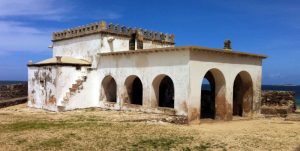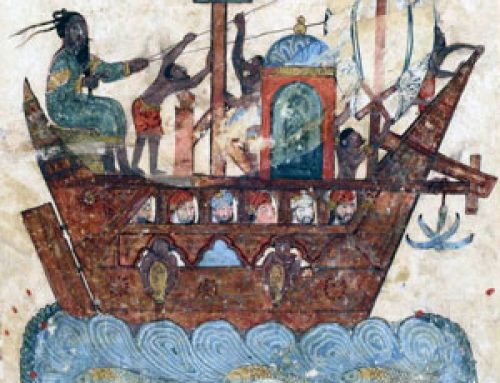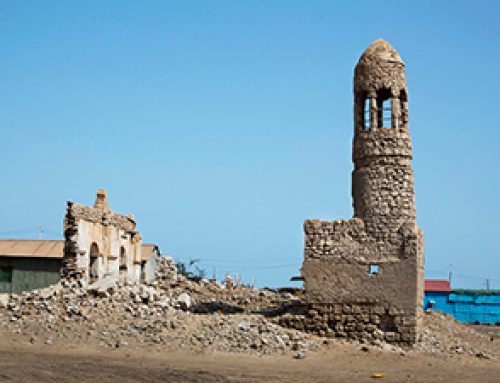
Early modern African economy: Guinea Cloth (Cotton)
Early Modern African economy
In the late 1400s AD, Portuguese traders figured out how to sail to West Africa instead of getting there by caravan routes across the Sahara Desert.
Medieval ships and sailing
Charles V and Portugal
Medieval African economy
All our Africa articles
What did West African traders sell?
West African traders sold these newcomers mostly enslaved people, but also locally made cotton cloth, colored seashells, ivory, gold, and copper.
History of cotton
Sugar and slavery
What is ivory?
What did West Africans buy?
In exchange, West Africans bought guns, salt, sugar, brass, steel knives and sewing needles, and Indian cotton cloth.
Indian economy
Steel and sewing needles
African food and colonization
What are mercenaries?
Portuguese traders also brought new foods to West Africa, especially chili peppers, peanuts, and yuca root. West African kings hired Portuguese soldiers as mercenaries to fight in West African wars.

Chapel of Our Lady of Baluarte – the oldest European building south of the Equator (Isla de Mozambique, 1522, thanks to Jason Inslee)
These same Portuguese traders soon got all the way around Africa to East Africa, where they set up a trading colony in what is now Mozambique.
More about Mozambique
Britain takes over the trade
By the early 1600s, British traders under Queen Elizabeth I had mostly forced the Portuguese and Spanish ships out of African trade. British traders kept on buying and selling the same things, but they added rum – a kind of strong alcohol made from sugar. West Africans kept on producing and selling cotton cloth through the 1700s. Traders sold it in Brazil and the Caribbean.
Queen Elizabeth
History of Brazil
Caribbean and colonization
Did you find out what you wanted to know about the early modern African economy? Let us know in the comments!
Learn by Doing – African Economy
More about the trade in cotton cloth
More about the slave trade
Bibliography and further reading about the African economy:



